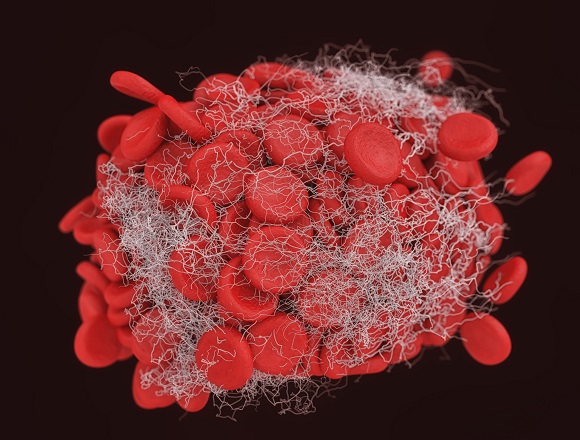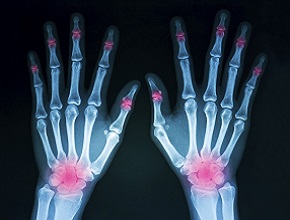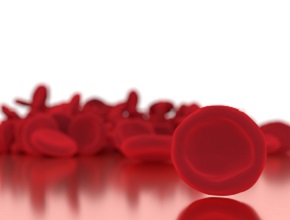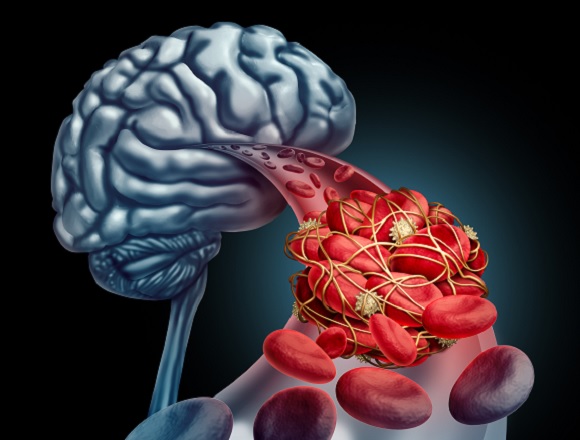References
Dequin PF, Meziani F, Quenot JP, et al; CRICS-TriGGERSep Network. Hydrocortisone in Severe Community-Acquired Pneumonia. N Engl J Med. 2023 May 25;388(21):1931-1941. doi: 10.1056/NEJMoa2215145. Epub 2023 Mar 21. PMID: 36942789.Saleem N, Kulkarni A, Snow TAC, Ambler G, Singer M, Arulkumaran N. Effect of Corticosteroids on Mortality and Clinical Cure in Community-Acquired Pneumonia: A Systematic Review, Meta-analysis, and Meta-regression of Randomized Control Trials. Chest. 2023 Mar;163(3):484-497. doi: 10.1016/j.chest.2022.08.2229. Epub 2022 Sep 7. PMID: 36087797.
Background: It is still uncertain if glucocorticoids, through their anti-inflammatory and immunomodulatory mechanisms, improve clinical outcomes in patients with severe community-acquired pneumonia (CAP). Glucocorticoids may benefit patients with CAP by reducing progression to lung injury and acute respiratory distress syndrome (ARDS) and, in turn, decreasing overall mortality.
Methods: This was a randomized, double-blind, placebo-controlled trial involving adult patients admitted to an intensive care unit (ICU) for severe CAP. They received 200 mg of IV hydrocortisone daily for either 4 or 7 days, as determined by clinical improvement, followed by a tapering dose for 8 or 14 days or matching placebo. All patients received standard therapy for CAP, including antibiotics and supportive care. The primary study outcome was death at 28 days.
Results: In total, 800 patients were randomized when the trial was stopped after the second planned interim analysis, with data from 795 patients available for analysis. Patients with influenza and septic shock were excluded. At the end of the follow-up period, at day 28, death had occurred in 6.2% (25/400; 95% CI, 3.9-8.6) of patients in the hydrocortisone group and in 11.9% (47/395; 95% CI, 8.7-15.1) of patients in the placebo group, a difference that was statistically significant (P = .006).
There are noteworthy subgroup analyses: First, among patients who were not receiving mechanical ventilation at baseline, intubation was required in 18.0% (40/222) of the hydrocortisone group and in 29.5% (65/220) of the placebo group (hazard ratio [HR], 0.59; 95% CI, 0.40-0.86). Second, among patients who were not receiving vasopressor therapy at baseline, such treatment was started in 15.3% (55/359) of the hydrocortisone group and in 25.0% (86/344) of the placebo group (HR, 0.59; 95% CI, 0.43-0.82). Hospital-acquired infections and gastrointestinal bleeding occurred in similar proportions in both groups. Patients in the hydrocortisone group received higher daily doses of insulin during the first week of treatment.
Conclusions: The authors concluded that in patients with severe CAP who were treated in an ICU, adding hydrocortisone to usual care reduced 28-day mortality.
McMaster editors’ commentary: The routine use of glucocorticoids in critically ill patients with CAP is controversial. A recent meta-analysis of about 4000 patients—which did not include the above study—showed that glucocorticoids reduced the need for mechanical ventilation but did not find a mortality benefit (although point estimates favored glucocorticoids; doi:10.1016/j.chest.2022.08.2229). Although there is biologic plausibility for benefit to reduce additional lung injury, as shown with coronavirus disease 2019 (COVID-19)-associated pneumonia, glucocorticoid use in severe CAP should be selective. For example, it may be preferred in patients with evidence of hyperinflammation or septic shock while being avoided in those with fungal or mycobacterial infections (or both), and possibly also in immunocompromised individuals. Its role in viral pneumonia, especially in influenza pneumonia, requires further study.
 English
English
 Español
Español
 українська
українська









